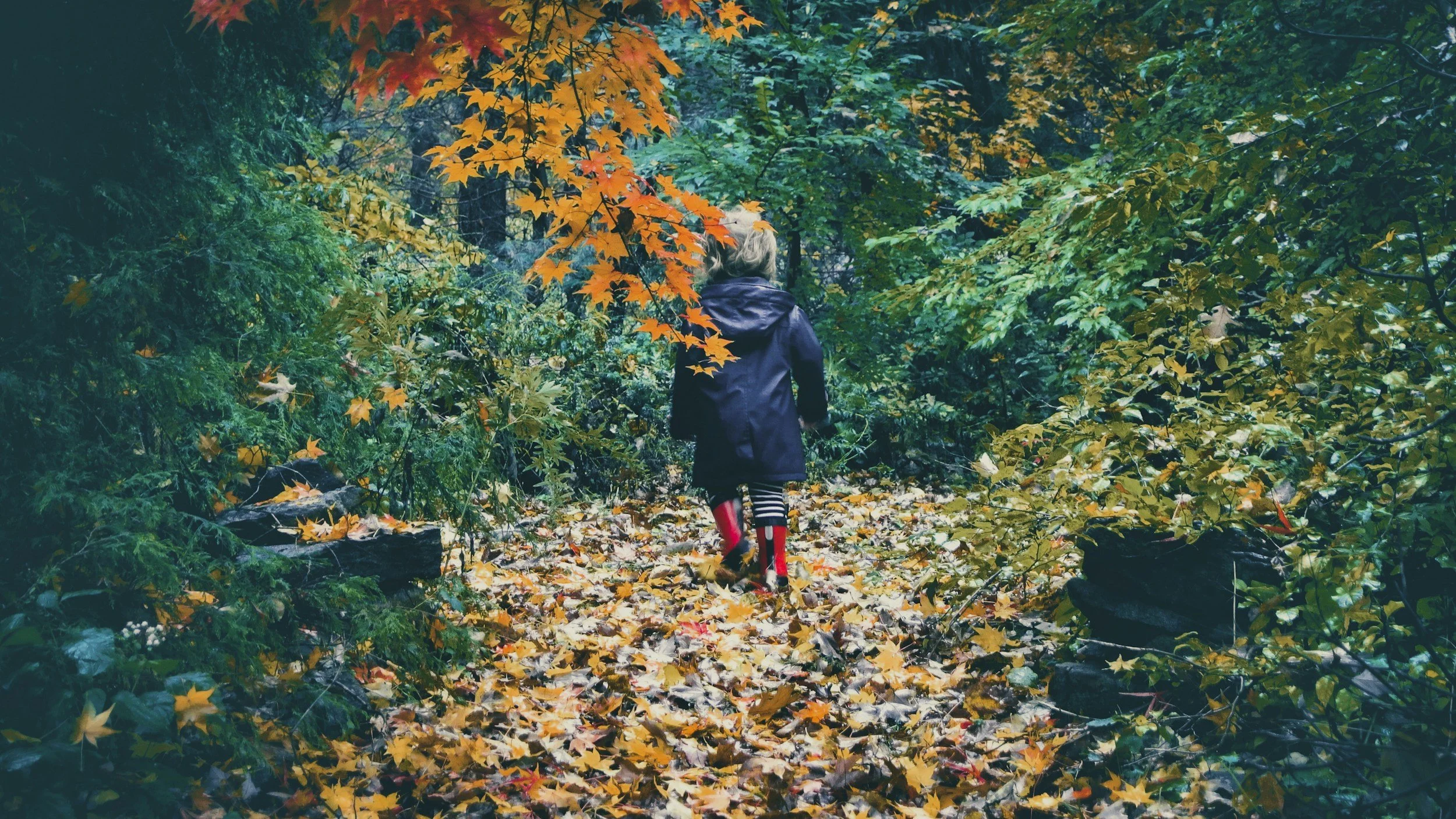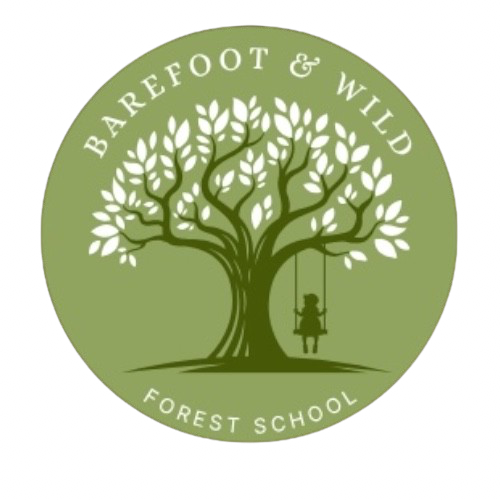
Forest School is an outdoor, child-centered learning approach that takes place in natural settings — like forests, woodlands, or parks — and emphasizes play, exploration, and hands-on experiences in nature.
It’s not just “playing in the woods” (though it often looks like that!) — it’s a structured educational philosophy rooted in developmental psychology and ecological awareness.
Forest School has its roots in Scandinavia, where outdoor education is woven into daily life from a young age. In countries like Denmark, Sweden, and Norway, children learn and play outside year-round — rain, snow, or shine — developing independence, confidence, and a deep connection to the natural world. These countries consistently rank among the happiest in the world, and many believe this is no coincidence. Their emphasis on simple living, time outdoors, and child-led exploration supports not only academic growth but also emotional well-being and lifelong resilience.
Core Principles of Forest School
1. Child-led, play-based learning
Children choose their activities, follow their curiosity, and take supported risks at their own pace.
2. Regular, long-term sessions
It’s not a one-off field trip — forest school happens over time to allow for deep connection with nature and progressive development.
3. Natural, outdoor environments
Learning takes place in woodlands or natural spaces, often in all weather — building resilience and adaptability.
4. Holistic development
Focuses on the whole child — emotional, social, physical, cognitive, and spiritual well-being.
5. Trained practitioners
Forest School leaders are specially trained to facilitate learning, manage risk, and support development through nature-based methods.
6. Risk-taking and resilience
Climbing trees, using tools, building fires — children learn to assess and manage real-life risks.
Why It’s Backed by Research
• Supports executive function and self-regulation
Unstructured outdoor play helps develop planning, focus, and impulse control.
• Improves mental health
Nature-based learning is linked to reduced stress, anxiety, and attention difficulties.
• Boosts confidence and social skills
Collaborative tasks like building shelters or navigating trails foster teamwork and problem-solving.
• Enhances physical health
Kids are more active, develop fine and gross motor skills, and learn environmental stewardship.
A 2013 study in Early Childhood Education Journal found that Forest School participants showed significant gains in independence, confidence, and communication skills.

